Co-edited by Sid Vasili

G.I. Weiss enrolled in the army when he was 18 against his father’s wishes, and was, after training, deployed with the 143rd infantry regiment of the 36th (Texas) Infantry division.
He survived Anzio and the Liberation of Rome, took part in the combined landing and liberation of southern France and fought to free the rest of the country from German occupation. He was a scout behind enemy lines and cooperated with the French Resistance. He found himself at the sharpest end of war facing a fatalistic enemy, backed by an insensitive, inhumane and tough US Army regime.
Worn down by three months of frontline danger, and on the verge of dying every day, along with being bullied by the army, Weiss found himself engulfed by depression and anxiety. In a surreal turn of events, he ended up being court-martialled and sentenced to prison. Fortunately the prison psychiatrist realised that Weiss wasn’t a deserter but a psychological casualty of war. Thanks to him, Weiss recovered his freedom and cleared his name.
Weiss suffered serious Post Traumatic Stress Disorder (PTSD), even contemplating taking his own life on several occasions. He found the courage to recover and went on to qualify as a psychotherapist
and a professional scholar of War Studies, becoming one of the leading experts on the psychology of soldiers in battle. I had the honour of meeting Steve a few years ago, and became his friend. This past summer, with the help of our mutual friend Sid Vasili, I had the privilege of interviewing him over several meetings, copious amounts of coffee and delicious muffins.
I-M: What were the events that lead to you being court-martialled?
S.W: It started in the summer of 1944, during the liberation of Montelimar. Chased by the Germans, I ended up retreating with seven other soldiers from my squad, seeking sanctuary in a farmer’s hayloft.
The farmer, who was part of the local Isere French Resistance, kept us hidden despite of the risk to his life and that of his family. He contacted the leader of the Resistance through a local Policeman and they arranged to get us out, disguised in ill-fitting French Police uniforms. We drove in two groups of four, in an old police car, through German lines into safety. They saved our lives.
We split up and a few of us were taken to a farm house by the River Rhône. I ended up crossing the river chased by the Gestapo and joined the French Resistance, where I first met General Binoche. I joined his Special Forces Unit and went to Lyon, which had just been liberated, and from there moved on to Grenoble, which our unit helped liberate. I remained with Binoche’s group for a month. One day, one of his men asked me to join a firing squad as an act of “allied solidarity”. The man in question was being executed without trail. This appalled me so much that I left the group.
After several weeks in the wilderness trying to survive working with various US army groups, I decided to hitch-hike towards Dijon, in an effort to re-join my original outfit, the 36th. The Captain, a chap called Simmons, well known for his lack of leadership, totally ignored me despite of knowing me from the beginning in Italy.
It was Simmons who instigated the process for my court-martial. The truth was that what I needed was help and time to recover and regain my health; I was so distressed that I walked off the front in Vosgues twice, but returned under my own volition. I didn’t desert. At the end of the day, I didn’t have anywhere else to go. In fact, my regiment, the 36th, had one of the highest rates of desertion in the US forces, so maybe Simmons just thought I was just another deserter. I was interviewed by the divisional psychiatrist, in cursory fashion. He was the only mental specialist available to the 15,000 men of the 36th. Unlike civilian psychiatric practice, his purpose was to keep men fighting.

I-M: How would you describe your emotional and psychological status when you were at the front?
S.W: At the front we were all terrified, everybody is crazy. There is nothing in civilian life or army training that prepares you for the horror of war, it was a known fact that Scouts were given on average a life expectancy of 6 weeks on the front before being killed.
I was one, so I was always scared that the hidden enemy could see me while I couldn’t see them. I remember one particular place in the North East of France in the Vosgues, it was particularly scary. The woods were so dense! While leading the guys in my troop, I knew that the Germans may well easily make me out even when camouflaged. On one manoeuvre, it was pitch black and eventually I realised I was at an arm’s length from a German soldier; when he fired his gun I saw the sparks from its barrel! For the rest of my life the thought of going into thick and dense woodland has made me shiver.
I had nightmares, suffered from déjà-vu and visual distortions of reality. I was very worried that I wasn’t fit for purpose, that I would be a hazard to my comrades and contribute to their death. So I walked off the front and out of the woods with no plan in mind. That was October.
S.V: I have heard that some guys would shoot themselves in the foot to avoid going to the front, soldiers were just an expendable asset, they were nobody, just the human raw human material the army fed from.
S.W: That’s right. For those of us at the front, we were extremely anxious and depressed; our behaviour was erratic all the time. Trying to stay sane in an insane world was impossible, so we mounted subconscious psychical defences and instinctually, survival was the name of the game.
At 25 you had already grown old. The army drafted young men non-stop, they were almost children, many were illiterate; and all of us were expendable.
I-M: Did you see a lot of heroism while you were at the front?
S.W: I may have had moments of bravery and unselfishness on the battlefield, always with other men; but heroism was never thought of. Heroism is too random a description. A lot of what we did had nothing to do with heroism or group cohesion. Guys may have arrived at an outfit all at the same time, but that didn’t make you friends, just acquaintances, we all felt alone, and on the verge of dying or getting seriously hurt.
I have no patience with claims of heroism. It is like on Omaha beach. I’ve met several veterans claiming to have been there at the D-day landings. But the important question is … at what time did you land?
At 11am on D-Day it was over, however at 6.30am that same morning the landings began and it was hell on earth. Those who got to the beaches at 6.30am suffered
the indignity and horror of an enormous barrage by the Germans, and the guys that came after 11am were simply the drivers. That is the real problem for some veterans of D-Day, that some glorify landing on those beaches when the show was over. The glorification of war is a very dangerous thing.
When I am invited, as a speaker, to events with students and young scholars, they don’t want to hear about the horror or psychology at the front, but about the action and glory. They have no idea of the magnitude and trauma of total war, the consequences of defeat and the human price of victory.
As Tony Bennett, the singer and a former combat infantryman, who fought in the war in Europe said: “Anyone who thinks war is romantic has never been in one.”
I-M: What happened when you got back to the US?
S.W: In Oct-Nov 1946 I went back to the US, and I was like an empty shell. Gone were the relatively carefree days of pre-war adolescence or the traditional and peaceful “rite of passage”, now replaced by an unpredictable post-war flare-up of neurotic symptoms and frightening thoughts. Today, it is known as “post-traumatic stress.” At the time, all they offered me was the only therapy available then: Freudian psychoanalysis, which is too extensive and hardly anybody knew what they were doing.
So I turned it down, because my mother and some of my relatives had somebody they said was very good. The US Government offered to pay for the treatment, but I am not sure if they ever did, I was so nervous and so scared all the time.
I was incapable of doing anything. I couldn’t even pass you the salt on request. All I did was stay in bed and have nightmares. I couldn’t go anywhere by myself, I was like this for over a year. I was finished and even contemplated taking my own life on several occasions. And let me tell you that even today, seventy years on, the trauma has not disappeared, I have just learnt to control it and live with it.
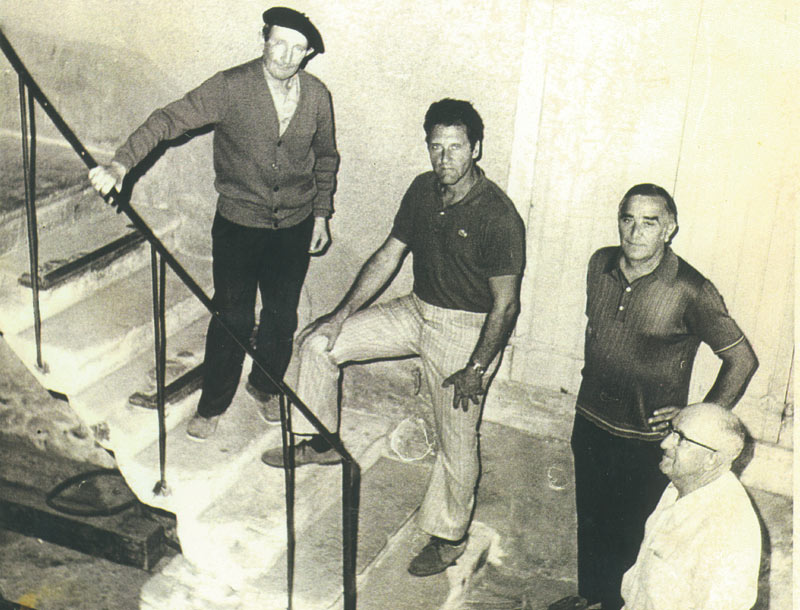
I-M: Many feel that the lack of appropriate mental care for veterans is endemic in our armies. What is your view?
S.W: Actually, this is the reason why I wrote my book *Second Chance; wearing a uniform doesn’t mean that you are capable of pulling the trigger. Trauma leads soldiers and veterans to self-destruction. When veterans return home from the front, everything seems to have changed and
feel that they are in a foreign wilderness. Veterans themselves feel very different from the human beings they once were. It is extremely hard on their families who are not equipped to deal with the changes.
In my case for example, I put my parents through terrible times. I was gone for over 2 years, incorrectly declared missing in action… I can’t imagine how horrifying it was for them. Most veterans who have seen action do not want to talk about the war because it is far too painful; talking reminds us of all those terrible moments and of all those who died far too young.
No one who ever fired a rifle in anger escaped Combat Fatigue in my day. In later wars, it became known as Post Traumatic Stress Disorder. Men who were highly decorated and became publicly well-known like Audie Murphy and Dick Winters suffered from it. They tried to keep it secret, but eventually failed. It was non-heroic otherwise. Battle of Britain Spitfire pilot, Geoffrey Wellum, who died recently at 96, finally revealed that he, like thousands of others, suffered with it for much of his life.
Nowadays, thankfully there is more understanding and a wider choice of treatments. In my time there was Freud or nothing. So I decided to study and practice psychotherapy that was less in-depth and less lengthy than the Freudian method of psychoanalysis.
I-M: Could you describe the healing process?
S.W: First of all, you have to admit what has happened to you. If you don’t, you allow your subconscious to suppress the whole experience, and then you will never recover. The trauma though never disappears; it minimises as you learn to live with it.
With over twelve years of therapy, I learnt to control that emotional baggage, so it wouldn’t interfere with my life. However, if you scratch the surface, it is always there underneath, and it can be very intrusive. I know it’s always there, I have managed to control it and I have proof of performance, and have achieved a lot in my life. I am proud to declare my journey has definitely been a tale of success.
I-M: You have received many medals from the US and the French Government, including Commander of the French Legion of Honour. How does this recognition make you feel?
S.W: Although these honours and awards have been bestowed upon me in recognition of my contribution to the war, I have never accepted them on behalf of just myself, but for the many who took part in the liberation of Southern France. In combat, I was always part of a team, whether it was with my rifle squad, a member of the Resistance, or an Operational Group. What we accomplished together could not have been accomplished alone.
The Army made many serious mistakes which were only realised after the war had ended. How they recruited men, whether they were encouraged by the “glory of war”, or forced whether they liked it or not. These boys were drafted and treated like cattle. They sent the youngest, who were most vulnerable, to the infantry. We were so ill prepared! Many were here today and gone tomorrow. Simply cannon fodder.
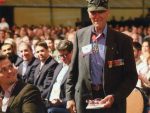
*I-M would like to thank Sid Vasili for his help to put this feature together. Without his valuable input
and endless patience, this article may have never happened.









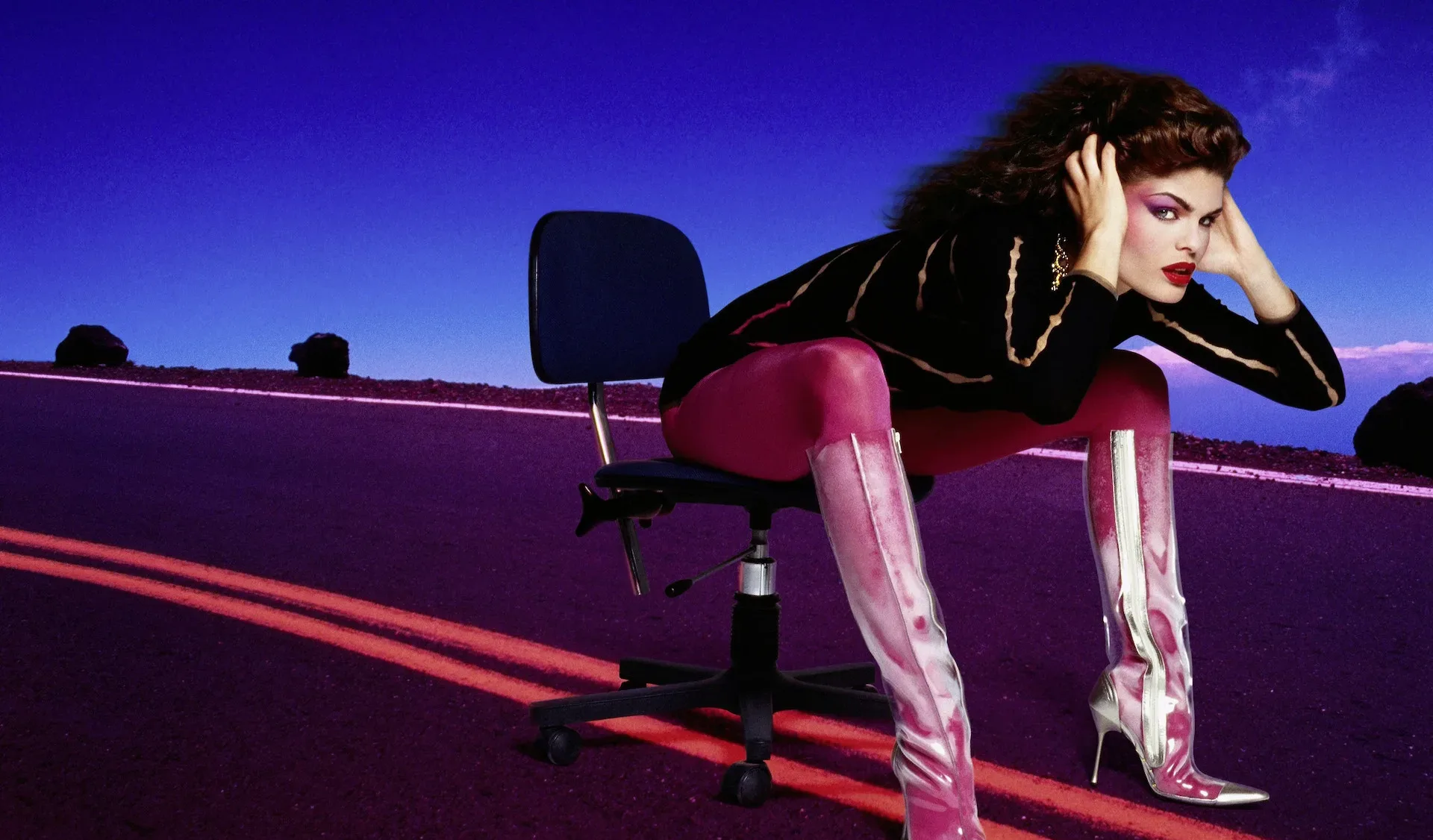

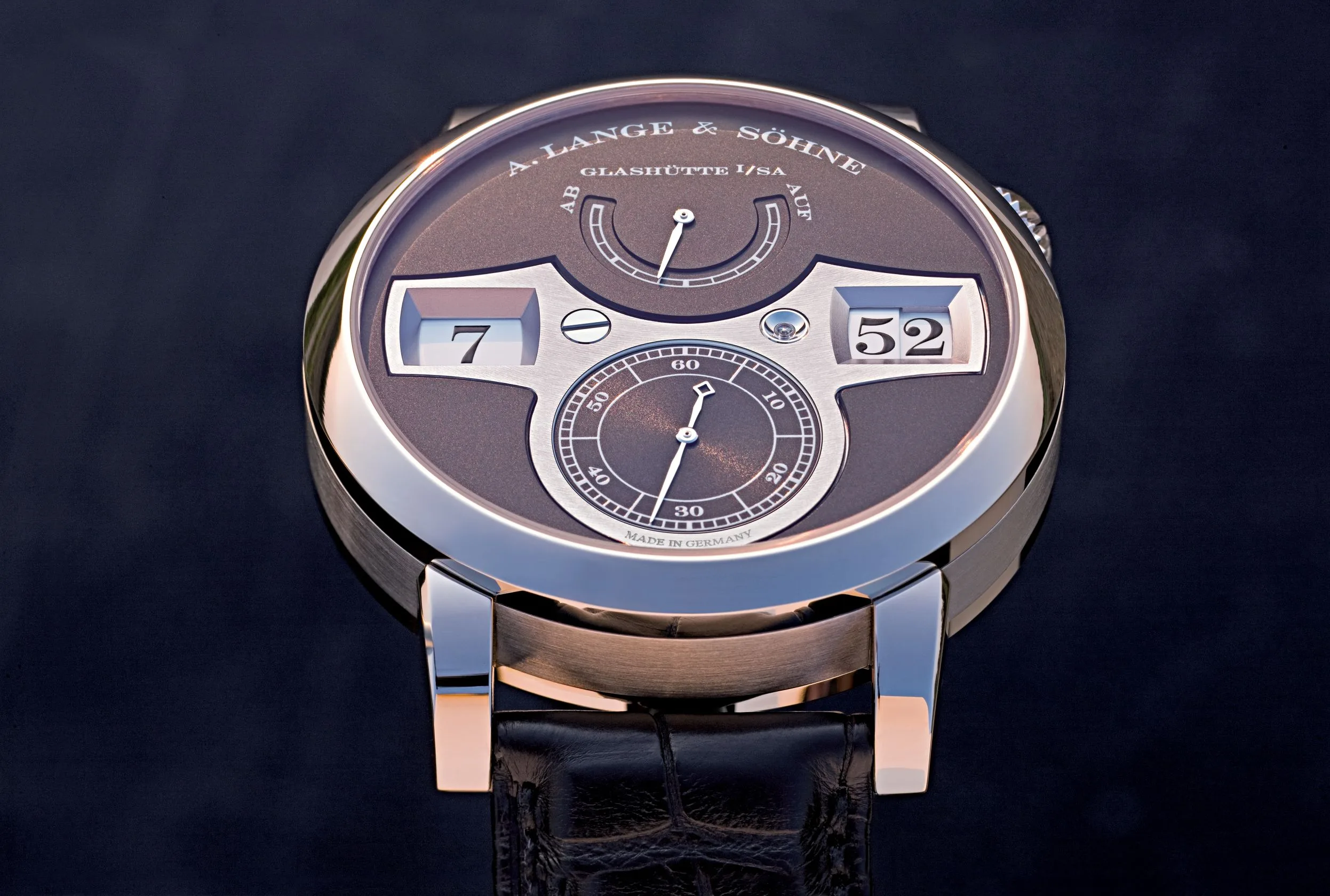
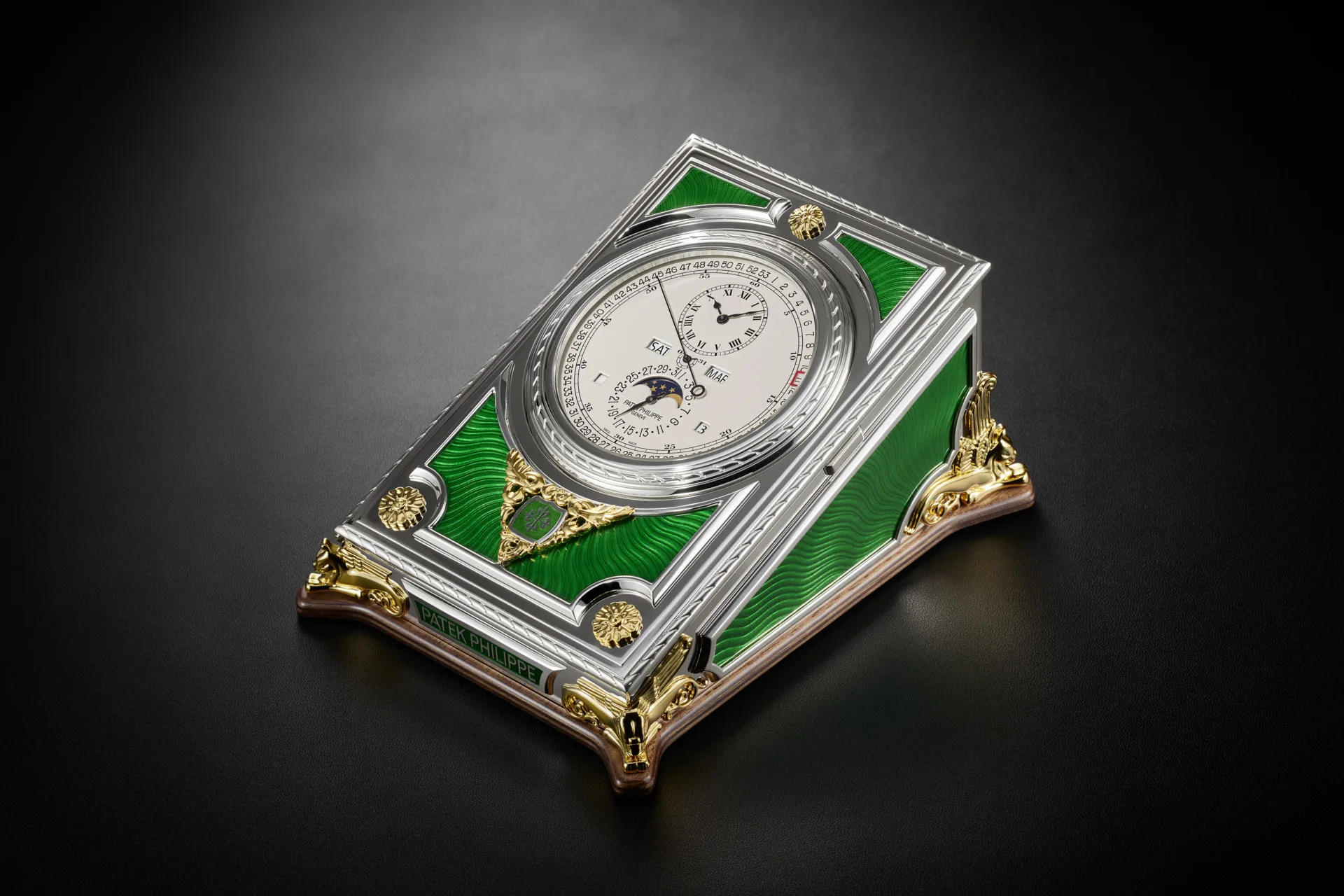




Show Comments +